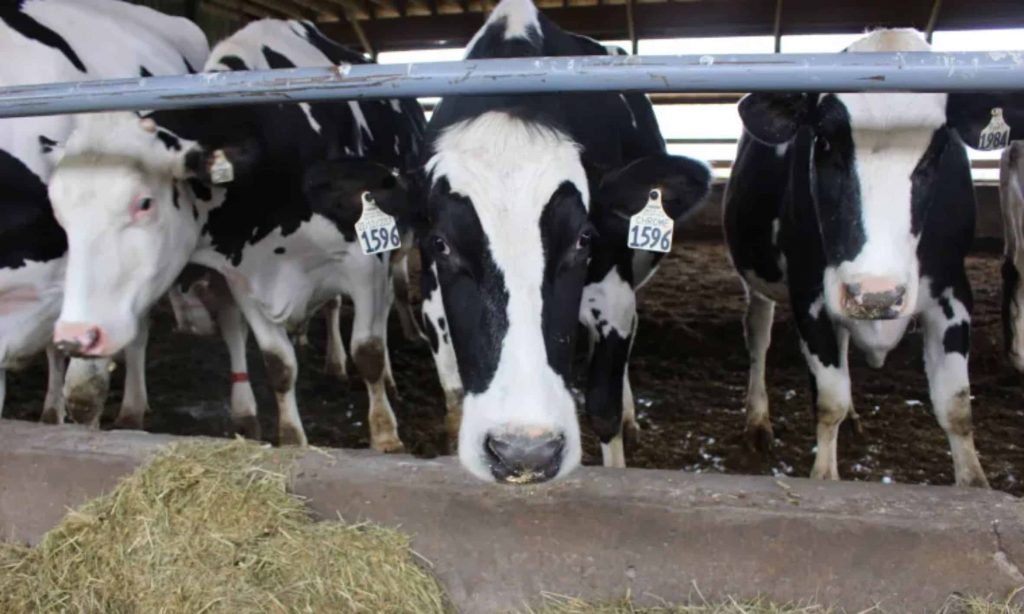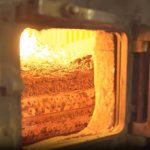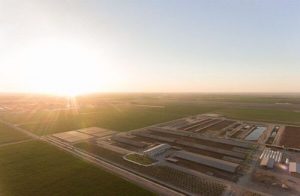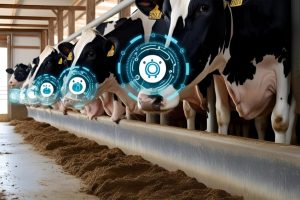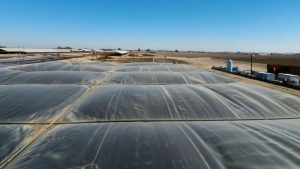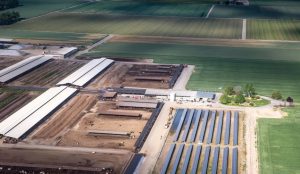
The research will include 70 farms across Pennsylvania that will be selected with help from the Center for Dairy Excellence, a nonprofit created by the state agriculture department. Those will include farms of various sizes and owned by underrepresented groups to help identify methods that work best for them.
The goal is to provide measurable reductions in methane emissions from cows. Methane is a more potent greenhouse gas than carbon dioxide.
The reductions can be used as carbon credits in the products the farms produce. The credits could be used by companies or retailers purchasing the products as a means to meet their climate goals.
According to Dr. Katherine Zipp, an associate professor of environmental and resource economics at Penn State, there is market potential for this.
“Consumers have shown that they’re willing to pay for carbon offsets,” she said.
Jayne Sebright, the executive director at the Center, notes dairy farmers are interested in using methods that could cut emissions.
“It’ll impact these farms significantly in helping them meet that challenge of becoming climate-smart farms, like, really mitigating their carbon footprint,” she said.
Because a lot of the methane from animals is expelled when they belch, one approach is to change the animals’ feed to decrease the gas they produce during digestion. Another method is to use manure storage systems that prevent methane from escaping into the atmosphere.
However, the systems for carbon credits and carbon offsets are often unclear, and consumers may question if they are receiving what they are paying for. Dr. Armen Kemanian, a professor of production systems and modeling at Penn State and the lead researcher on the project, says it’s important to create a system of trust through transparent documentation.
“Here is the reduction, here is the number associated with that reduction, here is how it will be traced, where anybody can find it and trace it,” he said.
Each farm in the study will identify practices that would best suit their farm. Money from the grant would be used to pay for new equipment and training. The farms will be studied in three groups for two years at a time.
The research team hopes to include farms of different sizes and farms operated by Amish families, women, and beginning farmers.
Dr. Kathleen Sexsmith, assistant professor of rural sociology at Penn State, is a part of the team that will help identify the needs of the farmers in the project.
“Our role is to make sure that these underserved populations are benefitting equitably from the benefits of climate-smart agriculture,” she said.
That includes identifying possible obstacles those farms face in using these practices, such as a lack of resources or funding.
Ultimately, the research intends to create a path for adopting the practices so they are economically viable for farmers, with the goal to encourage industry participation with the climate credits.
“Some of these strategies could have significant economic and environmental positive benefits for the farms,” Sebright said.
